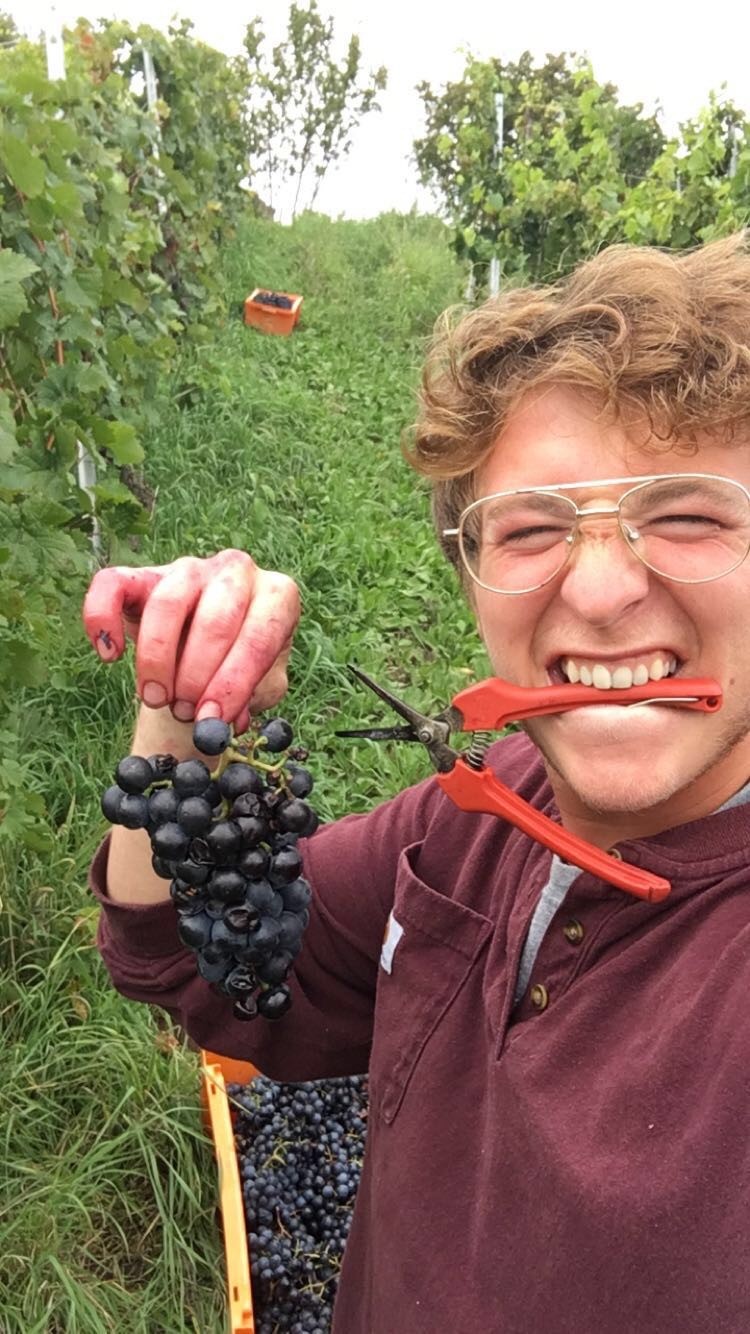 Today we’d like to introduce you to Jake Nivison.
Today we’d like to introduce you to Jake Nivison.
Hi Jake, we’re thrilled to have a chance to learn your story today. So, before we get into specifics, maybe you can briefly walk us through how you got to where you are today.
My story begins at a young age in my great grandmother’s garden. It was there I would learn to love the art of growing fruit namely raspberries. I would look forward each year to the time at which we would harvest the fruits of our labor and process it into jam. I would carry this love of growing and processing fruit throughout my formative years, continuing the tradition with my grandmother. As I neared completion of my primary education, I was overwhelmed when it came to making a decision not only about which university to attend but also what major to focus my studies on and ultimately set forth a career path in. After much reflection and the nudging and support of my family, I found myself packed and prepared to move to California’s central coast. My arrival to west was met with enrollment in junior college as well as a job landed in agricultural research. From here I would spend the next several years working my way through several degrees in wine and viticulture while holding as many jobs as I could juggle within the wine industry. I didn’t take the most linear path through education but rather I would attend classes for a semester and take the fall off to work a winery. Return to classes for the winter and spring only to take them off again for the harvest season. This back and forth between the vineyard and winery to the classroom lasted for about seven years across several wineries and three schools including California Polytechnic State University San Luis Obispo. I have completed degrees including A.A. Enology, A.S. Viticulture, and B.S. Enology and Viticulture concentration viticulture. During this time, I would follow interest and passion, exploring all aspects of the industry from sales to production. Where I had started in conventional agriculture had morphed into a love for hands-off organic and biodynamic farming that would take me from California to Germany for a growing season. After returning to California, I stayed in the world of organic viticulture for another year before eventually making my return to Michigan where I fell in love with the wine region along Lake Michigan Shore A.V.A. I have since worked at Domaine Berrien Cellars producing, in my opinion, some of the greatest wines Michigan has to offer.
Can you talk to us a bit about the challenges and lessons you’ve learned along the way? Looking back would you say it’s been easy or smooth in retrospect?
It’s about the journey, not the destination. While I’m still on that road, I would have to say all things considered, it has been a smooth trip. As a grape grower, some of the greatest challenges I face come with each season, mostly fighting to combat the climatic challenges posed by mother nature. As a winemaker, some of my greatest challenges are only self-imposed, a constant search for improvement, to make each vintage better than the last. Subtle changes in processing and technique to truly highlight the expression of terroir. As an individual, the greatest challenges I have faced in my journey of growth being a young person in a centuries-old profession is the difficulties of uprooting. I’ve spent a good portion of my professional career moving to various wine regions such as California, Germany, and Southwest Michigan. The hardest part of moving is adjusting to local climate and culture. But as I’ve said, it’s been an easy road so far.
Thanks – so what else should our readers know about Domaine Berrien Cellars?
At Domaine Berrien Cellars we are an Estate vineyard and winery. That means we make wine only from the fruit that we grow on our property. Our facility is best known for producing some of, if not the, highest quality red wine in the state of Michigan. Having lived in a handful of wine regions I often find myself comparing local wine to that of strawberries. That is to say, everyone thinks they have the best strawberries when the fruit comes from their area code. Californians believe the best is California, Floridians believe Florida, and Michiganders lay their loyalty to Michigan. The strawberry example is to highlight the French concept of terroir or sense of place. Wine is very much a function of terroir. It shouldn’t all taste the same, it would be very boring if Merlot tasted like Merlot regardless of where it’s from or the year it was grown. The wonderful thing about Michigan wines is, they taste like they’re from Michigan. They’re not these huge reds that taste like you’ve licked the knife after making a peanut butter and jelly but rather balanced, acid heavy food-friendly wines that better mirror classical wine regions such as France and Germany. I’d invite anyone to come on out and taste. There’s always more to try and learn in the wonderful world of wine.
What was your favorite childhood memory?
While it’s hard to pinpoint, I’m inclined to pay homage and thank my inspirations for my aspirations. That is to say my fond memories of making jam with my grandmother. It was from these afternoons spent in my youth that would ultimately lead me down the path of growing something to preserve for year-round enjoyment.
Contact Info:
- Website:https://www.domaineberrien.com/
- Instagram: @domaineberriencellars
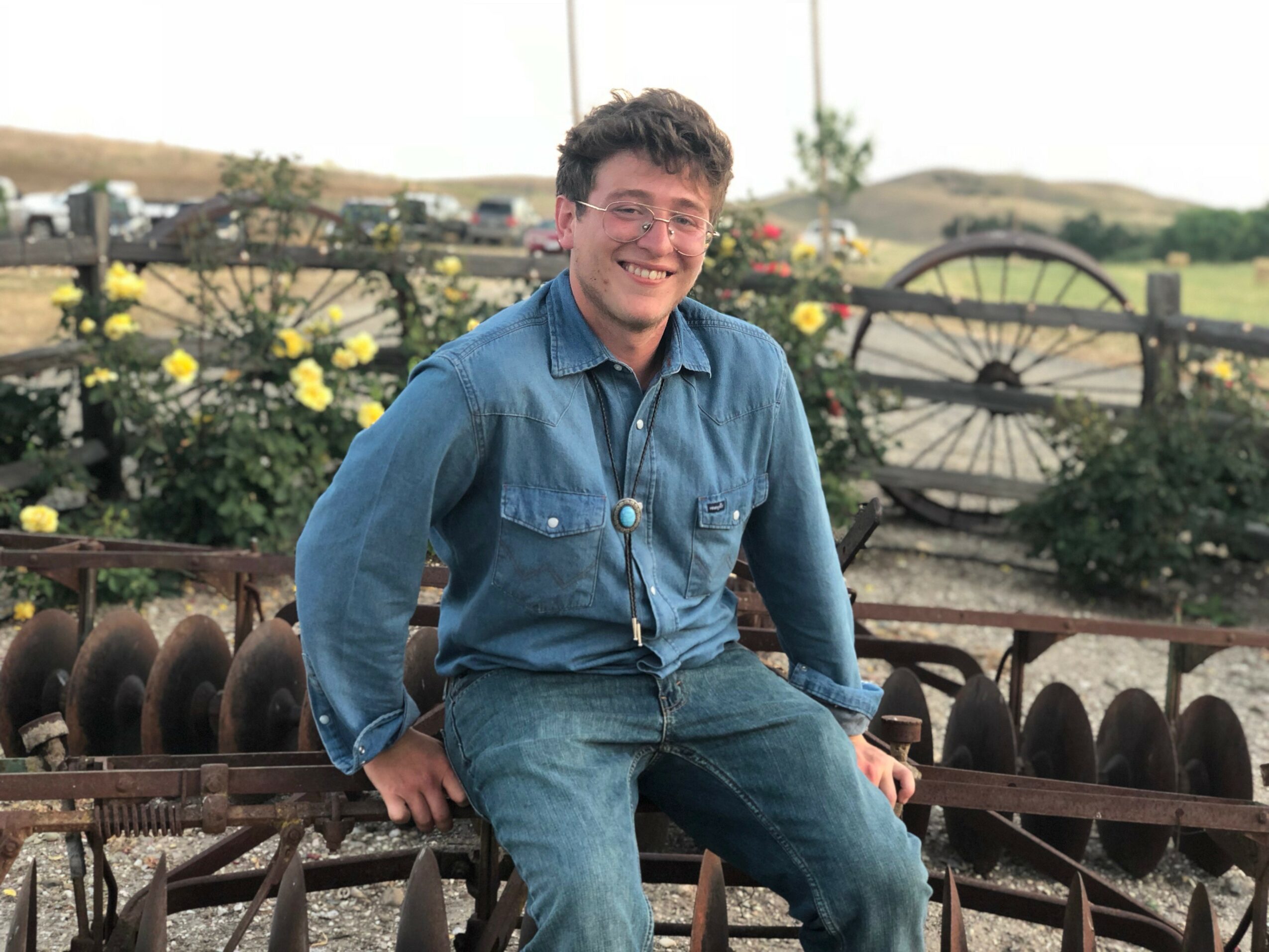
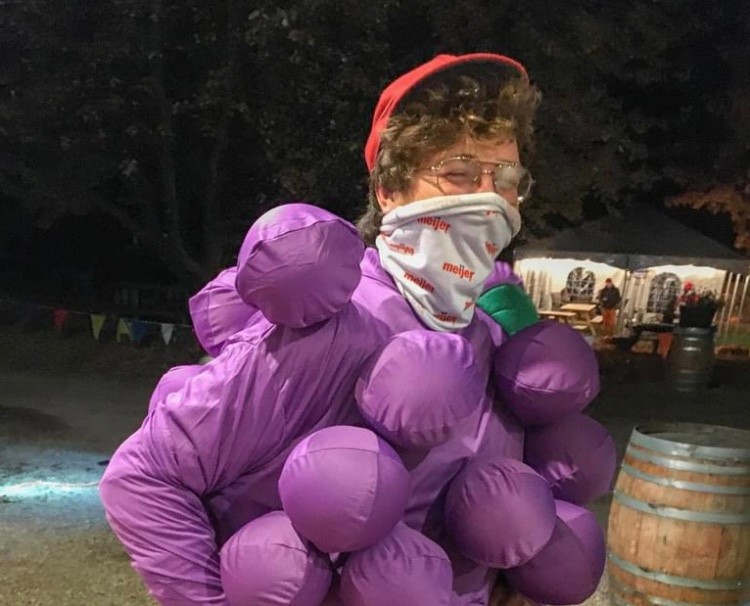
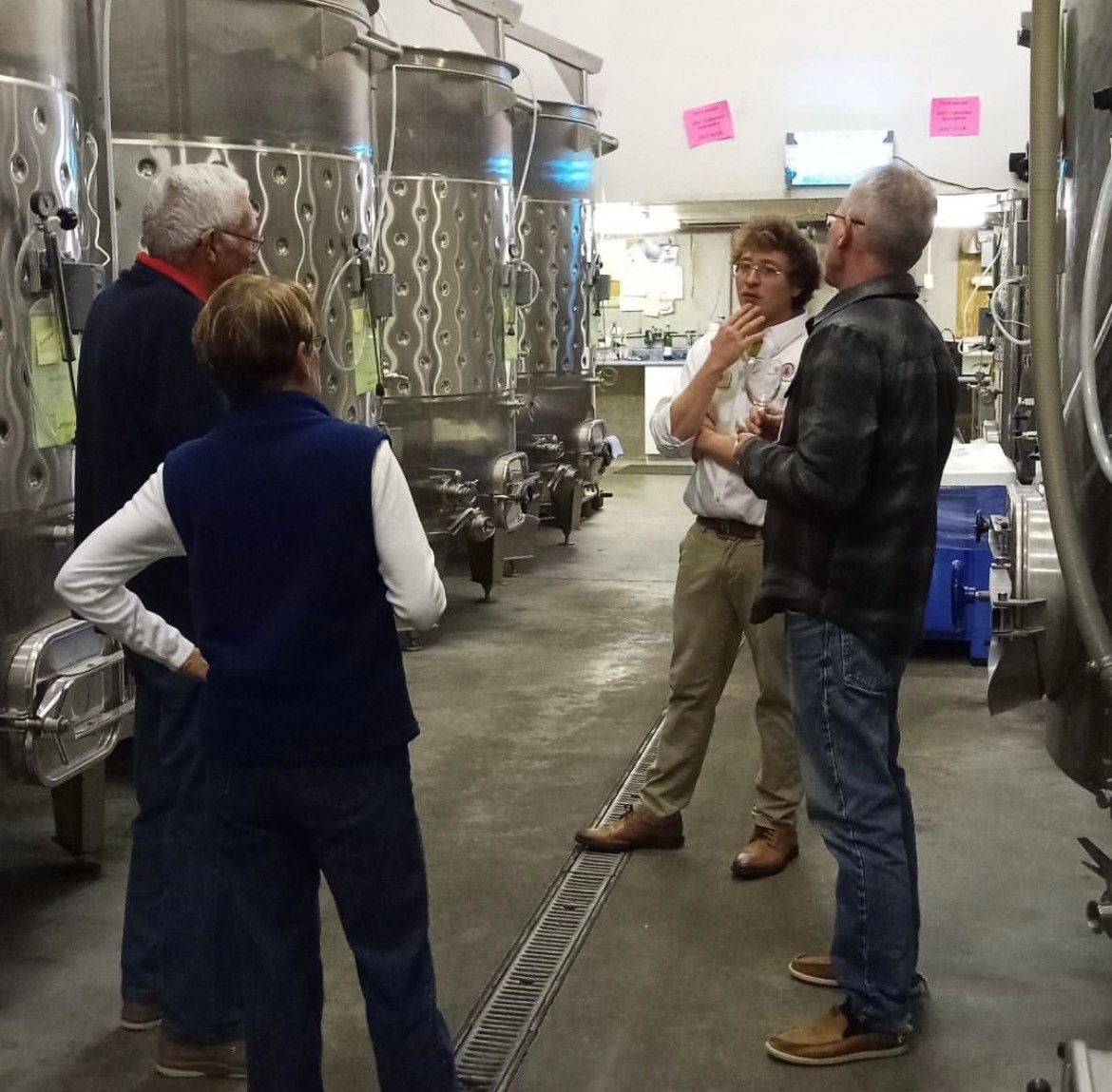
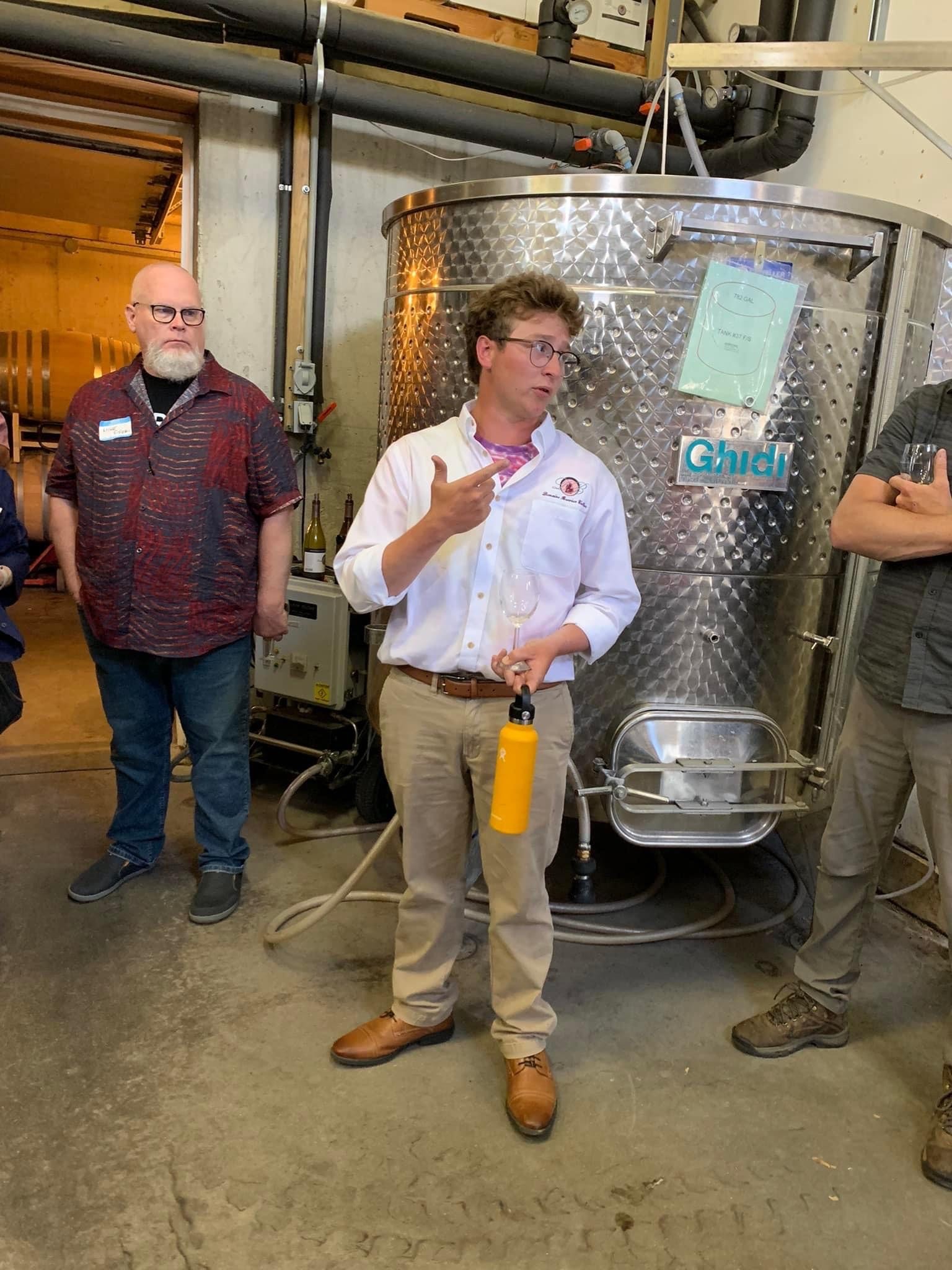
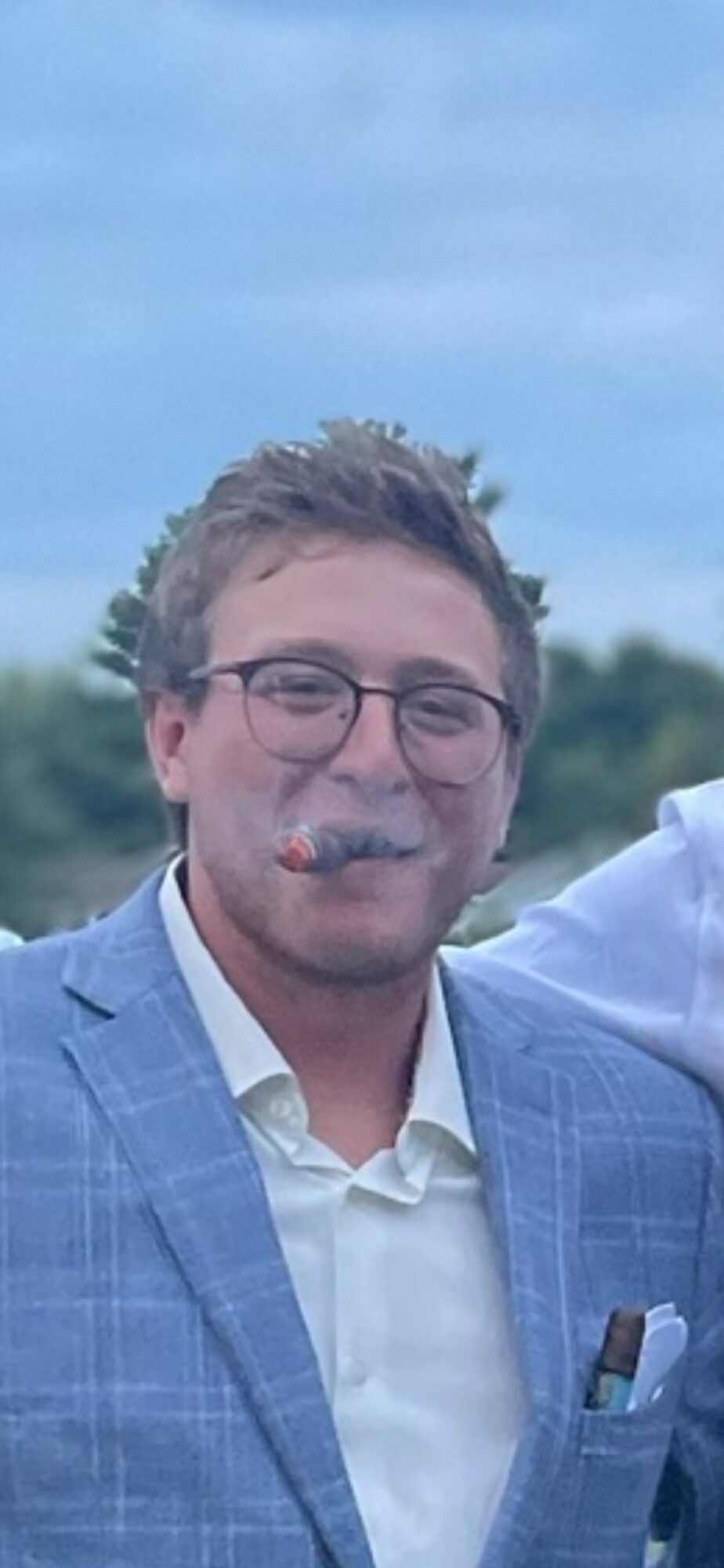
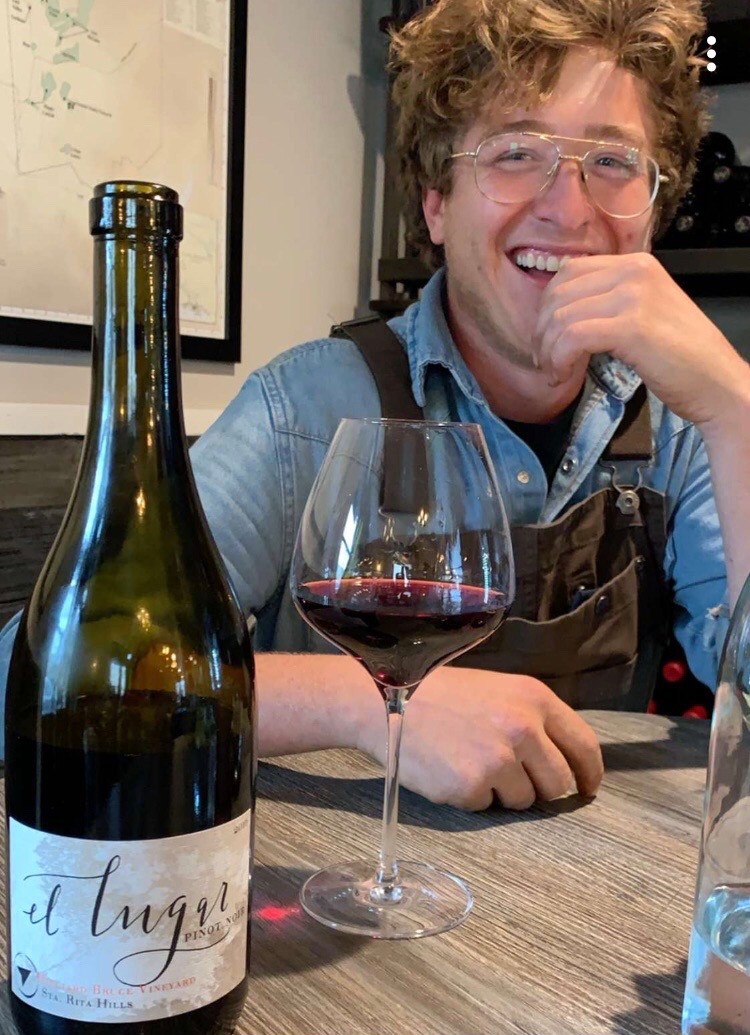
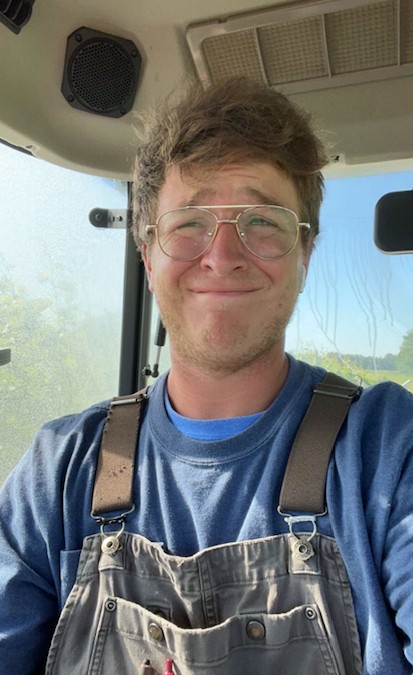
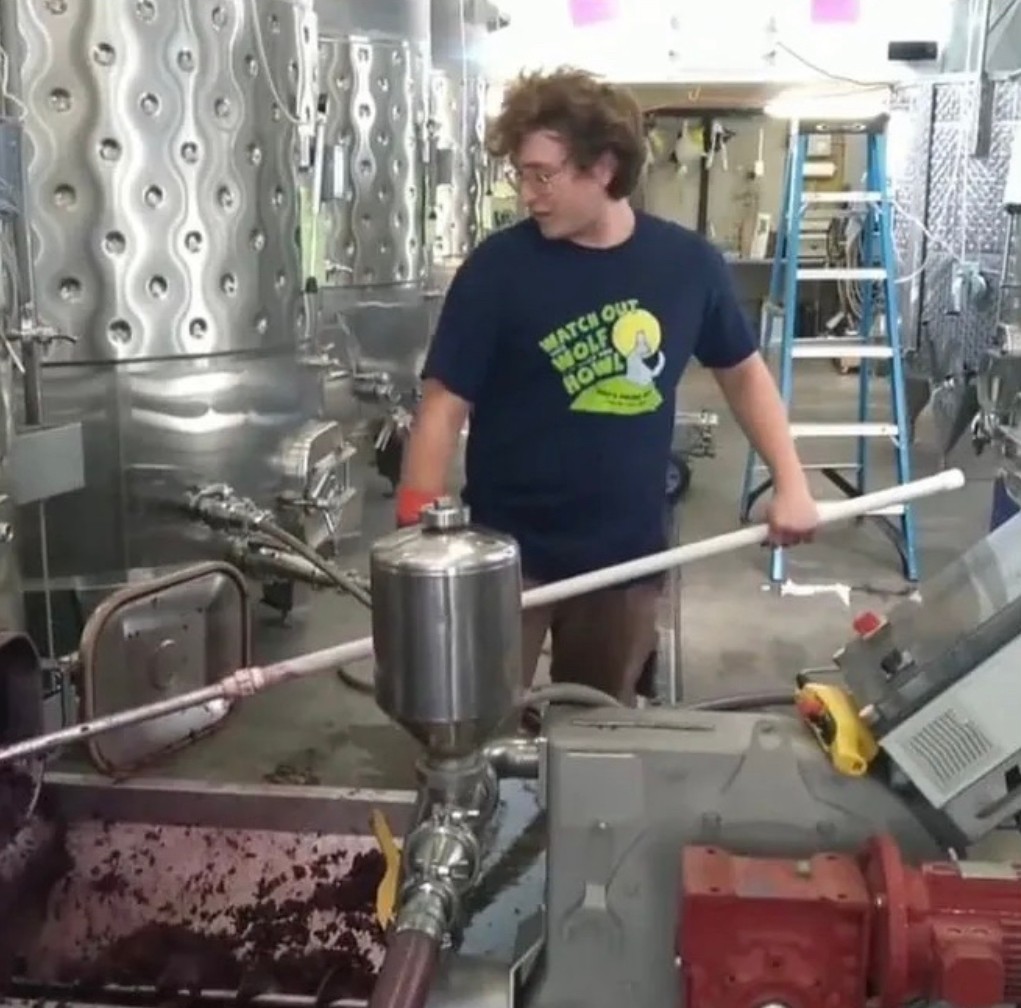
Image Credits
Detroit News











